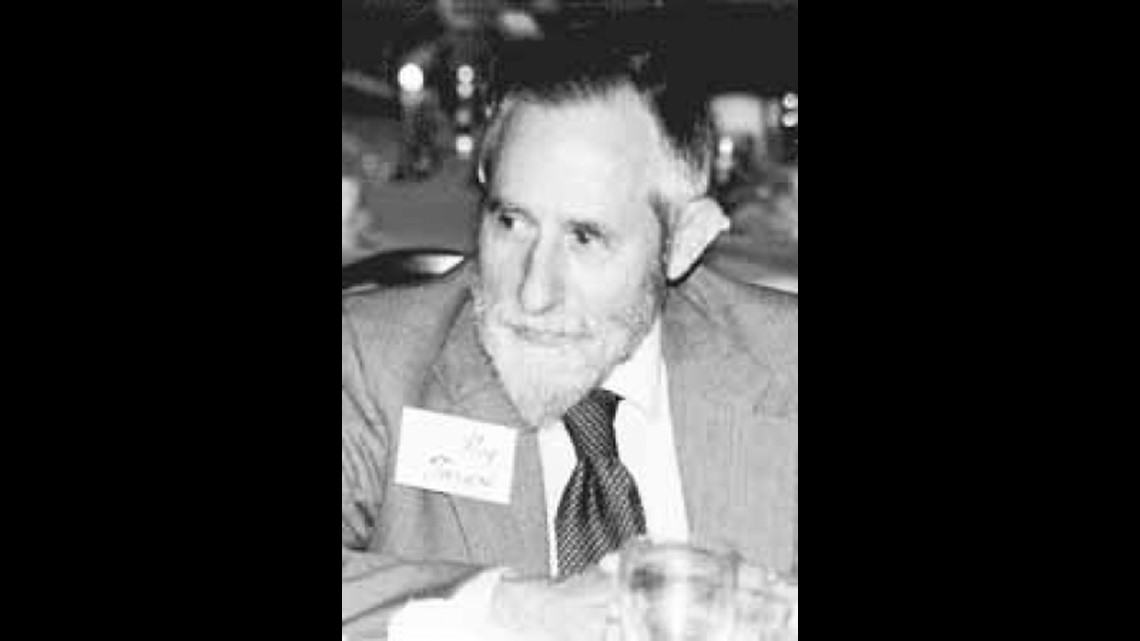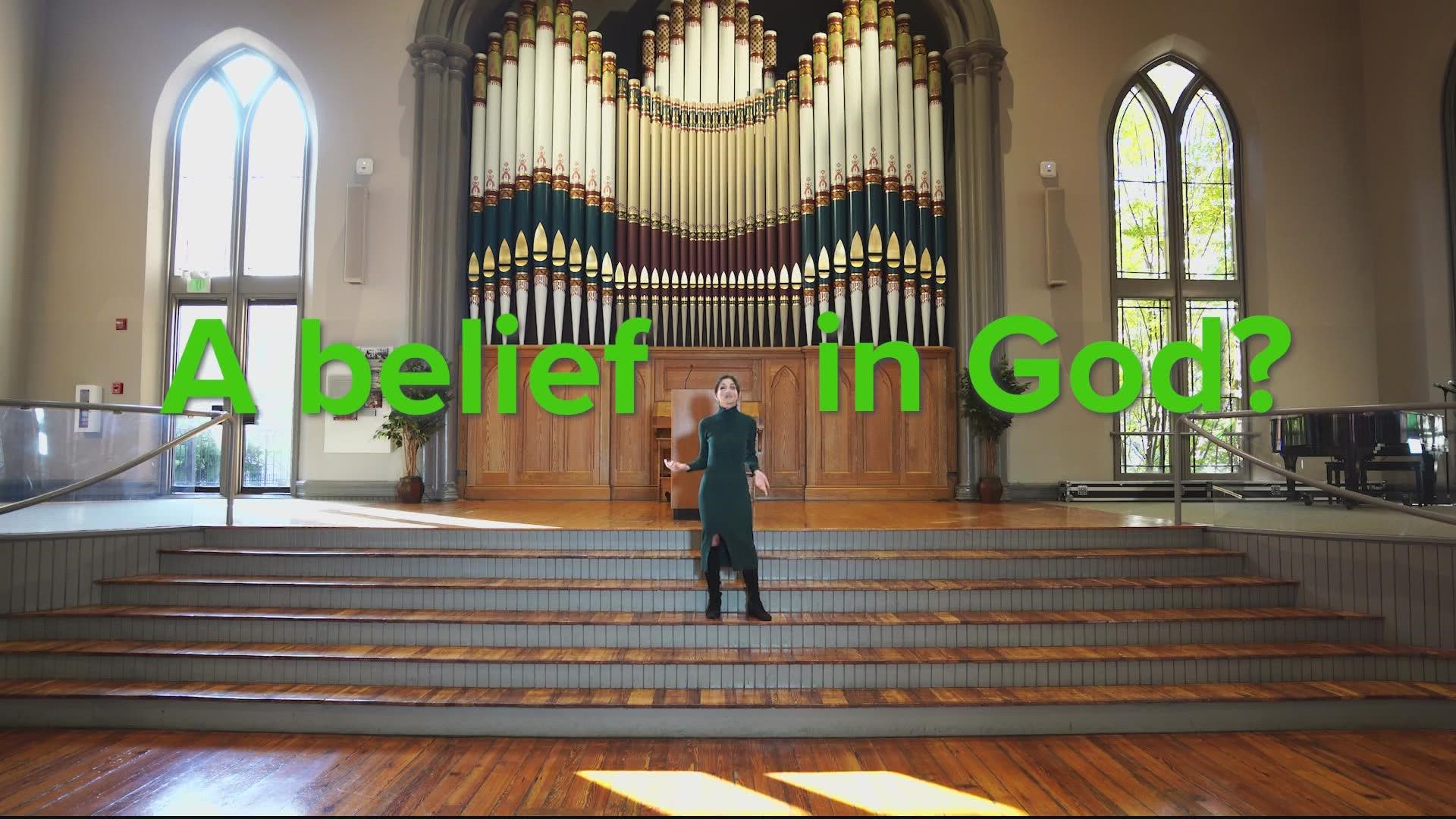MARYLAND, USA — We verify claims and questions you send our way, and with the election coming up, this one caught our attention: about how even laws the Supreme Court rules are unconstitutional can remain on the books.
Turns out, that's actually quite common.
THE QUESTION:
Does the state of Maryland require public office holders to declare they believe in God to be in the job?
THE SOURCES:
THE ANSWER:
No, Maryland nor any other state can’t require public officials to believe in God, with religious tests deemed unconstitutional and illegal–but laws impacted by Supreme Court Decisions could be subject to change.
WHAT WE FOUND:
A job in public office may require a variety of skills: organizing, handshaking, campaigning, and...a belief in God?
We got a question asking if Maryland is really among a handful of states requiring those in public office declare they believe in God.
Open the Maryland State Constitution, where right in the Declaration of Rights, you’ll find it: Article 36 provides for a person’s free exercise of religion, “provided, he believes in the existence of God:”
Art. 36. That as it is the duty of every man to worship God in such manner as he thinks most acceptable to Him, all persons are equally entitled to protection in their religious
Article 37 asserts:
“No religious rest ought ever to be required as a qualification for any office of profit or trust in this State,” other than a declaration in the existence of God.
Art. 37. That no religious test ought ever to be required as a qualification for any office of profit or trust in this State, other than a declaration of belief in the existence of God; nor shall the Legislature prescribe any other oath of office than the oath prescribed by this Constitution.
That was a job requirement Roy Torcaso said he could not fulfill when the Marylander wanted to take a job as a Notary Public. So instead, he went to the U.S. Supreme Court.
“The qualification of adherence to religion as a qualification of public office is the inescapable stamp of establishment of religion,” argued attorney Leo Pfeffer before the Court, representing Torcaso.


In the U.S. Constitution, Article 6 state “no religious Test shall ever be required as a Qualification to any Office or public Trust under the United States,” and the First Amendment begins with the assertion: “Congress shall make no law respecting an establishment of religion”
The Court unanimously agreed with Torcaso, holding in the opinion:
“This Maryland religious test for public office unconstitutionally invades the appellant's freedom of belief and religion, and therefore cannot be enforced against him.”
“That 1961 case held that a state cannot require somebody as a precondition to holding public office to espouse a religion, specific religion or more generally to state a belief in God,” said Professor Maxwell Stearns, a constitutional law professor at the University of Maryland Francis King Carey School of Law.
So why is the law still in the Maryland books?
“At the time of this case, there were eight states that still had requirements of some sort of religious belief, and the Supreme Court decision essentially invalidated all of those. But they do remain formally in the books. They're just not enforceable as a consequence of the Supreme Court having declared them unconstitutional.
Professor Stearns elaborates: the Supreme Court striking down a law doesn’t actually repeal the law.
“Even if you look at the Constitution itself, when we amend the Constitution, the earlier provisions are still there. We still, for example, have three clauses that recognize the institution of slavery, even though the 13th Amendment prohibits slavery,” he said. “That's because the way our system works, we invalidate the law, but we don't actually have it removed.”
In 2022: the ACLU of Maryland says they consider this whole thing a settled issue, and a religious test would not be allowed. But theoretically, the court could change its mind on the constitutionality of the Maryland law, making it enforceable again.
“There's a lot of misunderstanding about how our system of government ultimately works, and probably a lot of people don't know that when statutes or state constitutional provisions get struck down, that they actually continue to appear and can come back to life at some future point,” said Stearns.
That happened after the Supreme Court’s reversal on abortion rights. Several states, including West Virginia, kept a law on the books banning abortion, even after Roe v. Wade made that unenforceable. Now, after the Dobbs v. Jackson Women’s Health decision allowing states to outlaw abortion, that old law is back in effect.
“One reason why I think it's important for people to know this is because maybe that will encourage them to be a little bit more politically engaged with respect to laws that they thought they never had to worry about,” said Stearns.
“Can you rely upon what appears in a statute book or in the Constitution and know that that's the state of the law?,” he added. “The answer is, not always.”

